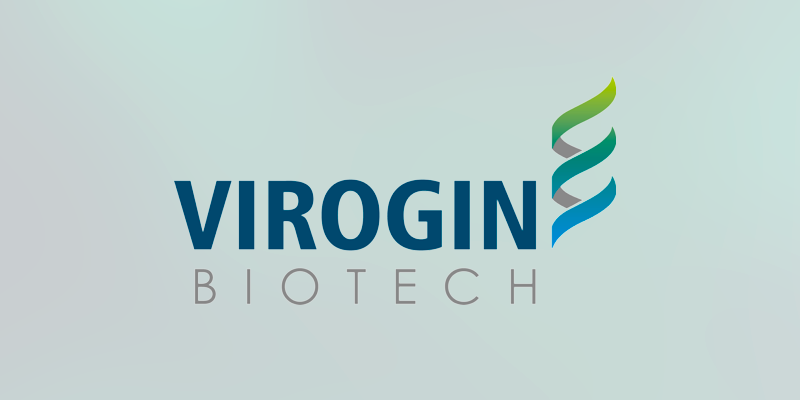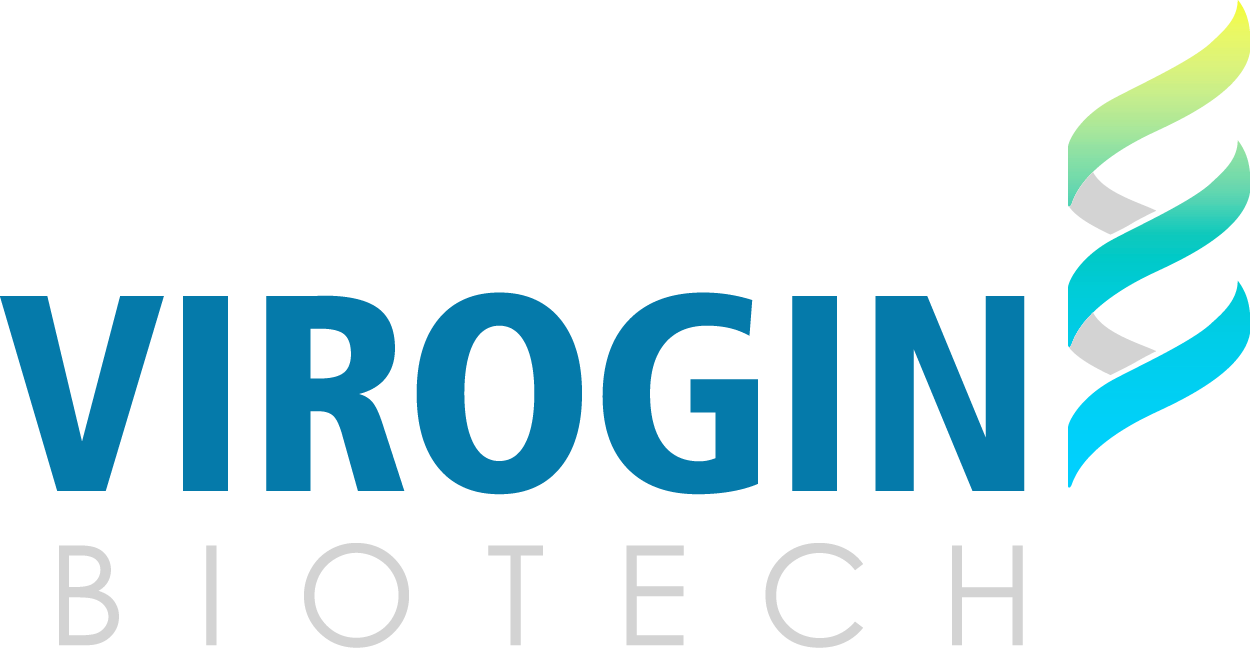April 16, 2025
Virogin Biotech, a clinical stage biotech company specializing in next-generation oncolytic viruses, today announced a landmark clinical collaboration with Akeso Inc. (9926.HK) to advance a multi‑center, open‑label Phase Ib/II study evaluating the combination of Virogin’s VG201 with Akeso’s breakthrough bispecific antibody Ivonescimab (AK112). This study targets advanced colorectal cancer liver metastasis (CRLM), an area of significant unmet need for patients. Akeso will lead the clinical operations based on its extensive experience in innovative drug development in China.
The collaboration supports Virogin’s mission of developing and commercializing ground-breaking oncolytic virotherapy products aimed at improving the quality of life of patients with significant unmet medical needs. For Akeso, the partnership aligns with its ‘IO 2.0+ Strategy’ and represents an opportunity to transcend the limitations of current therapeutic modalities.
This collaboration leverages the complementary mechanisms of two innovative agents: VG201, a first‑in‑class HSV‑1 oncolytic vaccine engineered with Virogin’s proprietary transcription‑translation dual‑regulation (TTDR) backbone, and Ivonescimab, a novel bispecific antibody that simultaneously targets PD‑1 and VEGF pathways. Together, they aim to remodel the immunosuppressive tumor microenvironment (TME) and activate a robust antitumor immune response.
Innovative Drug Profiles
VG201:
VG201 is a first-in-class HSV-1 oncolytic virus developed using Virogin’s proprietary Transcription and Translation Dural Regulation (TTDR) backbone. It has been uniquely engineered to enhance tumor-specific replication and has been shown to exhibit enhanced oncolytic activity. VG201 also encodes & releases immune-stimulating cytokines IL-12 and IL-15/IL15Rα intratumorally to modulate the TME.
VG201 is currently in Phase I trials in China and the U.S. for intratumoral administration in advanced solid tumors. Early data indicate a favorable safety profile and emerging signs of antitumor efficacy, including in colorectal cancer (CRC).
Ivonescimab (AK112)
Ivonescimab, developed by Akeso, is world’s first approved bispecific antibody targeting PD-1 and VEGF. It enriches in the TME to block PD-1 and VEGF pathways synergistically, alleviating immunosuppression, enhancing immune activation, and inhibiting tumor angiogenesis to promote immune-mediated tumor killing.
Exploratory clinical data highlight Ivonescimab’s potential in liver-related tumors. At the 2024 ESMO Congress, a Phase II study presented at the 2024 ESMO Congress reported an 81.8% objective response rate, a 100% disease control rate, and a progression‑free survival rate exceeding 80% at 9 months when combined with chemotherapy in metastatic CRC patients.
Why did we choose Colorectal Cancer Liver Metastasis?
Colorectal cancer is the third most common cancer globally. In 2022 alone, there were approximately 1.926 million new cases worldwide—with 517,000 cases in China. The liver is the predominant site of metastasis, with 15%–25% of patients presenting liver metastasis at initial diagnosis, and 80%-90% of these metastases are deemed unresectable. Untreated colorectal cancer liver metastasis (CRLM) patients face a grim prognosis, with a median survival of just 6.9 months and a 5-year survival rate of less than 5%.
Immune checkpoint inhibitor (ICI) monotherapy in advanced CRC shows an objective response rate (ORR) of only 20%-30%, with significant resistance issues. This highlights an urgent need for combination therapies capable of remodeling the tumor microenvironment (TME) and addressing immune evasion. Colorectal cancer liver metastasis (CRLM) represents a critical unmet clinical need, requiring novel treatments to improve patient outcomes.
Dr. William Jia, Co-Founder and Chief Scientific Officer of Virogin says:
“Following the Breakthrough Therapy Designation of our first oncolytic virus, VG161, for advanced hepatocellular carcinoma, we are excited to partner with Akeso to study VG201—our next-generation TTDR-based HSV-1 oncolytic virus—combined with Ivonescimab in CRLM. VG201 is designed to overcome tumor immune suppressive barrier through precise oncolysis and cross priming of tumor antigens to activate tumor specific T-cells. This combination synergistically remodels the TME and amplifies immune effects, accelerating globally competitive therapies for patients.”
Dr. Li Baiyong, Co-Founder, EVP, and CSO of Akeso says:
“Our collaboration with Virogin explores the potential of Ivonescimab (PD-1/VEGF bispecific) and VG201 (oncolytic virus) to redefine the treatment landscape for CRC liver metastasis treatment. This innovative approach aligns with Akeso’s ‘IO 2.0+ Strategy’ and is designed to address current therapeutic limitations, offering the promise of improved survival outcomes for patients.”
About Virogin
Founded in 2015, Virogin is a clinical-stage biotech with next-gen oncolytic virus and mRNA platforms. VG161, the company’s first-generation oncolytic virus product, has received Fast Track and Orphan Drug designations from the FDA. VG161 targets the unmet clinical needs of hepatocellular carcinoma (HCC) and intrahepatic cholangiocarcinoma (ICC), with significant potential market value. In China, VG161 also received Breakthrough Therapy Designation (BTD) by the Center for Drug Evaluation (CDE) of the National Medical Products Administration (NMPA)
Virogin’s HSV-1 next-generation oncolytic virotherapy platform employs a proprietary transcription-translation dual-regulation (TTDR) viral backbone, significantly enhancing the virus’s oncolytic activity while ensuring safety. It also carries multiple synergistic exogenous genes and can be administered through intratumoral or intravenous injection. VG201 is our advanced non-attenuated HSV1 virus based on TTDR backbone with clinical validation in phase 1 clinical trial.


